Pity the poor political technologists, as Russia’s professionals in the dark arts of spin, propaganda, gerrymandering and outright ballot box stuffing are known. They are not only expected to produce the exact expected election result — that’s the easy bit, when you control the count — but they are meant to make it look as plausible as possible. That’s the rub.
As Russia goes to the polls, there is no question whether Vladimir Putin will be re-elected by a landslide. Indeed, it has long been rumored that the presidential administration has already decided on the result: a clear first-round victory for Putin with 70-plus percent of the vote on a turnout of 70-plus percent of the electorate. With the country mired in an unpopular war, prices rising and Putin’s personal authority on the slide, getting even close to that will be no mean feat. Just as well the political technologists have a well-practiced playbook.
If the political technologists care about covering their tracks, they’ll need to be careful not to leave clues
First of all, they have to make sure that Putin shines in comparison with his opposition. Even by the standards of recent Russian elections, the slate of rivals is a painfully weak one. The ultra-nationalist Leonid Slutsky is mainly known for some sex scandals and lacks even the lunatic energy of his predecessor, Vladimir Zhirinovsky. Septuagenarian Communist candidate Nikolai Kharitonov is at best a second choice after its supine leader Gennady Zyuganov. As for the sham reform candidate Vladislav Davankov of the New People Party, quite what he stands for is unclear. Watching his election broadcasts all I can say is that it’s something to do with youth, technology and maybe peace in Ukraine — but only on Moscow’s terms.
Then they must mobilize the base while trying to demoralize any pesky dissenters. With the war largely off limits, this has essentially meant sweeteners. Putin’s recent state of the union address offered unfunded but predictably generous promises to a wide range of constituencies. The money may never actually appear, but by then the election will be long over.
Of course, opposition leader Alexei Navalny’s death shortly before the vote did put something of a wrench in the works. Claims that he was known to only a small fraction of the nation and had minimal support are not borne out by the data. According to the independent Levada polling agency, at his peak in 2020 he was known to over 75 percent of Russians, and 20 percent of Russians supported him.
Meanwhile, though, they have to take fullest advantage of the state’s near-stranglehold on the media to emphasize just what a one-horse race this is. The independent electorate rights association Golos found that since the start of the campaign to March 10, there had been 21,865 references to Putin compared with 3,130 of the other three remaining put together, and they tended to be more positive and more extensive.
A one-horse race can be boring, though. How to ensure the kind of high turnout you need to claim a sweeping mandate? Local mayors and governors have been given their quotas of how many of their subjects they need to get to the polling stations. State-run corporations are likewise expected to get their workers to vote, by fair means or foil, and soldiers will likewise be marched to the ballot boxes.
But you can’t dragoon three quarters of the country; sometimes you need to induce potential voters. The last time I visited a Russian polling station, there were entertainers making balloon animals for the kids and stalls selling produce from nearby farms. This time, there will even be prize draws.
Of course, if all else fails, you just rig the count. This year, there is a heavy emphasis on electronic voting, which makes manipulation of the results all the easier. If past elections are anything to go by, though, there will also be all sorts of cruder fraud, from carousel voting — bussing voters from one polling station to the next to cast multiple votes — to simple stuffing of the ballot boxes. The unprecedentedly low number of independent election monitors will just make that all the easier.
If the political technologists care about covering their tracks, they’ll need to be careful not to leave the kind of clues — suspiciously round numbers of votes reported, strange sudden pulses of votes for the incumbent — that keen-eyed psephologists and number-crunchers have used to expose their deceptions in the past. But that’s assuming the Kremlin cares about subtlety any more. As it slides deeper into thuggish authoritarianism, it may even regard ramming a blatantly rigged election down the Russians’ throats as the ultimate political flex.
This article was originally published on The Spectator’s UK website.



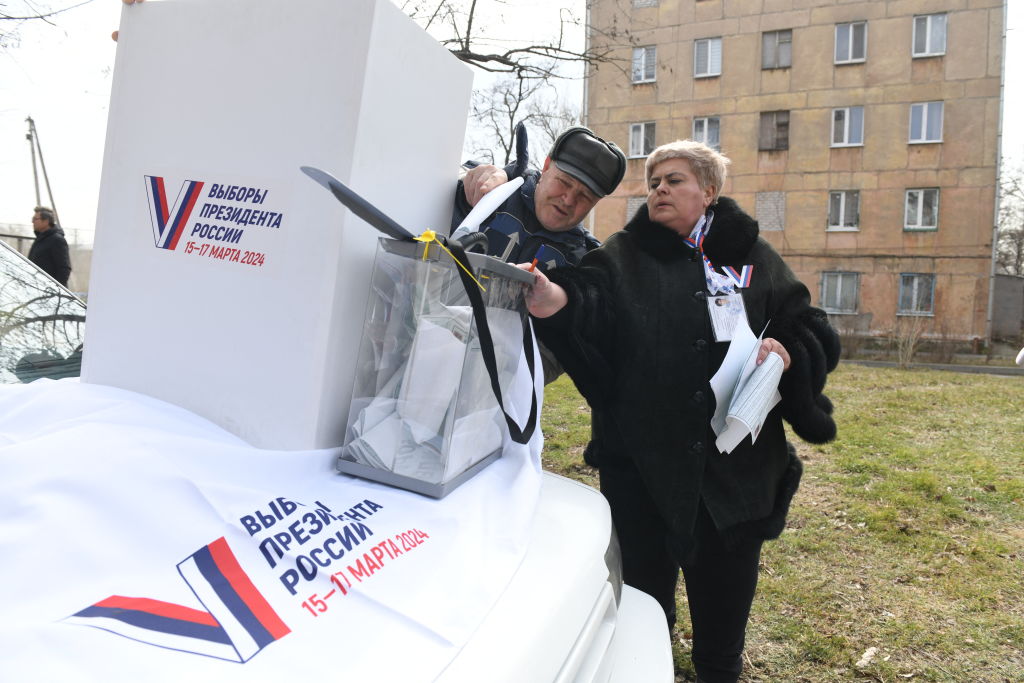







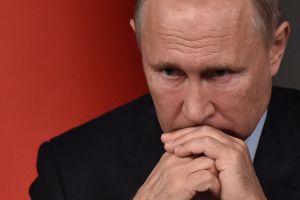
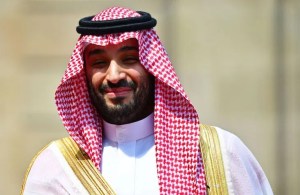
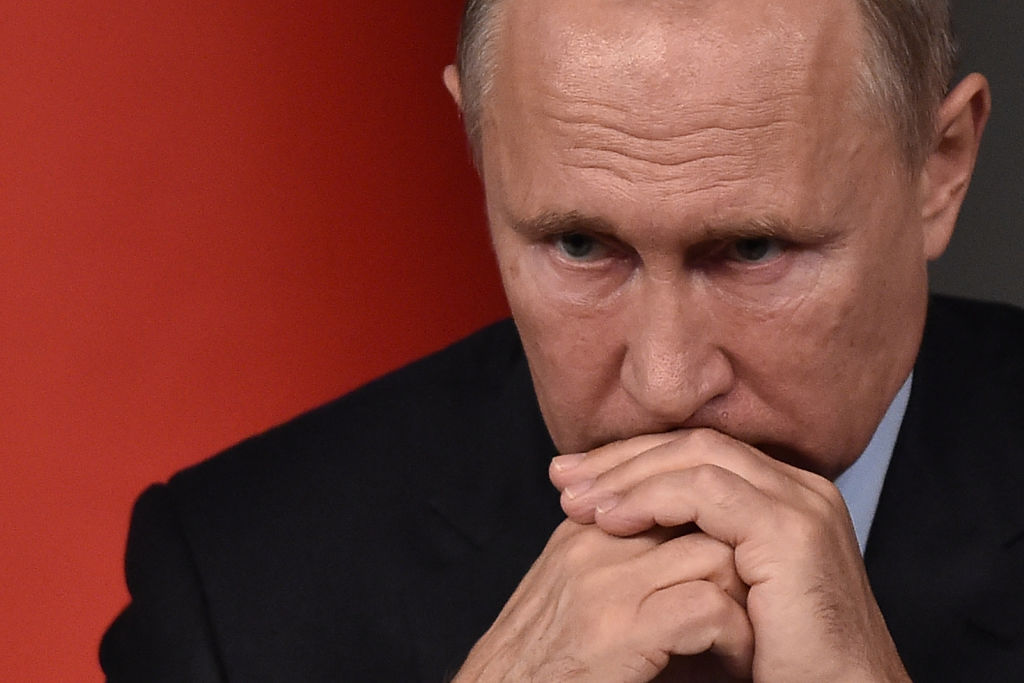

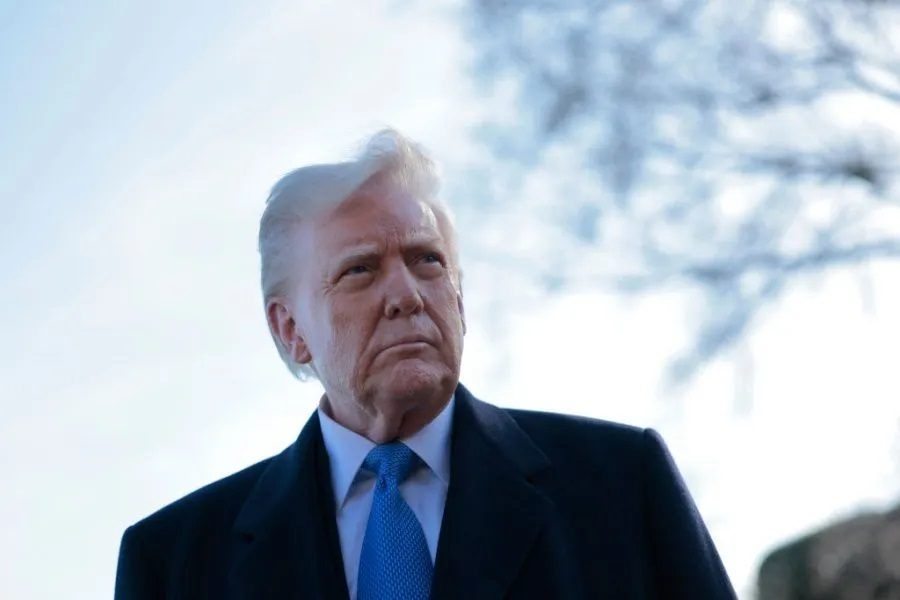

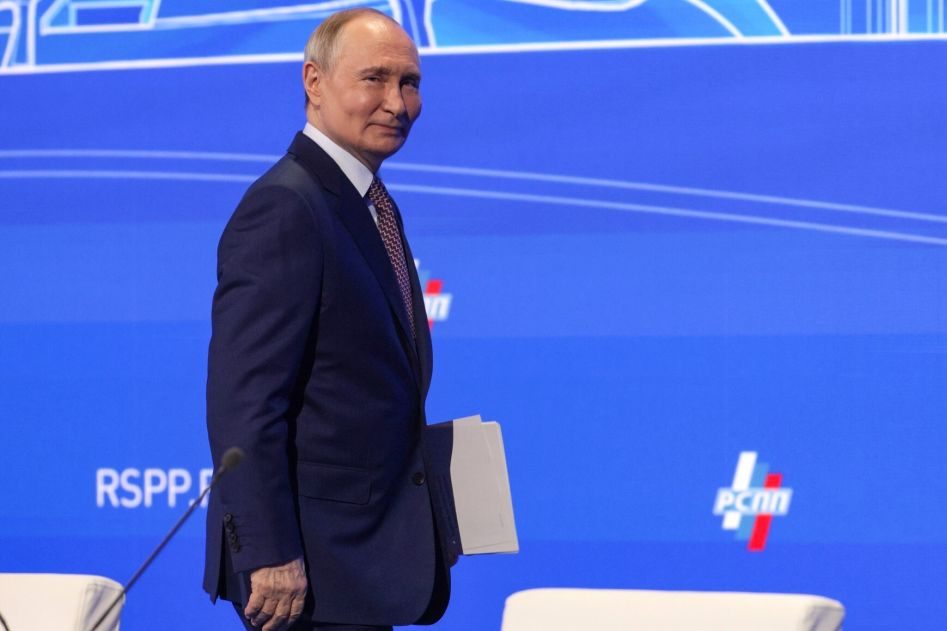
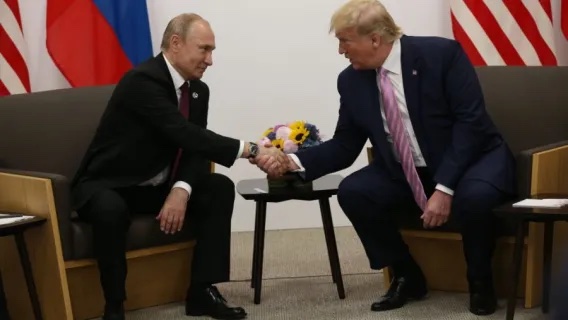







Leave a Reply